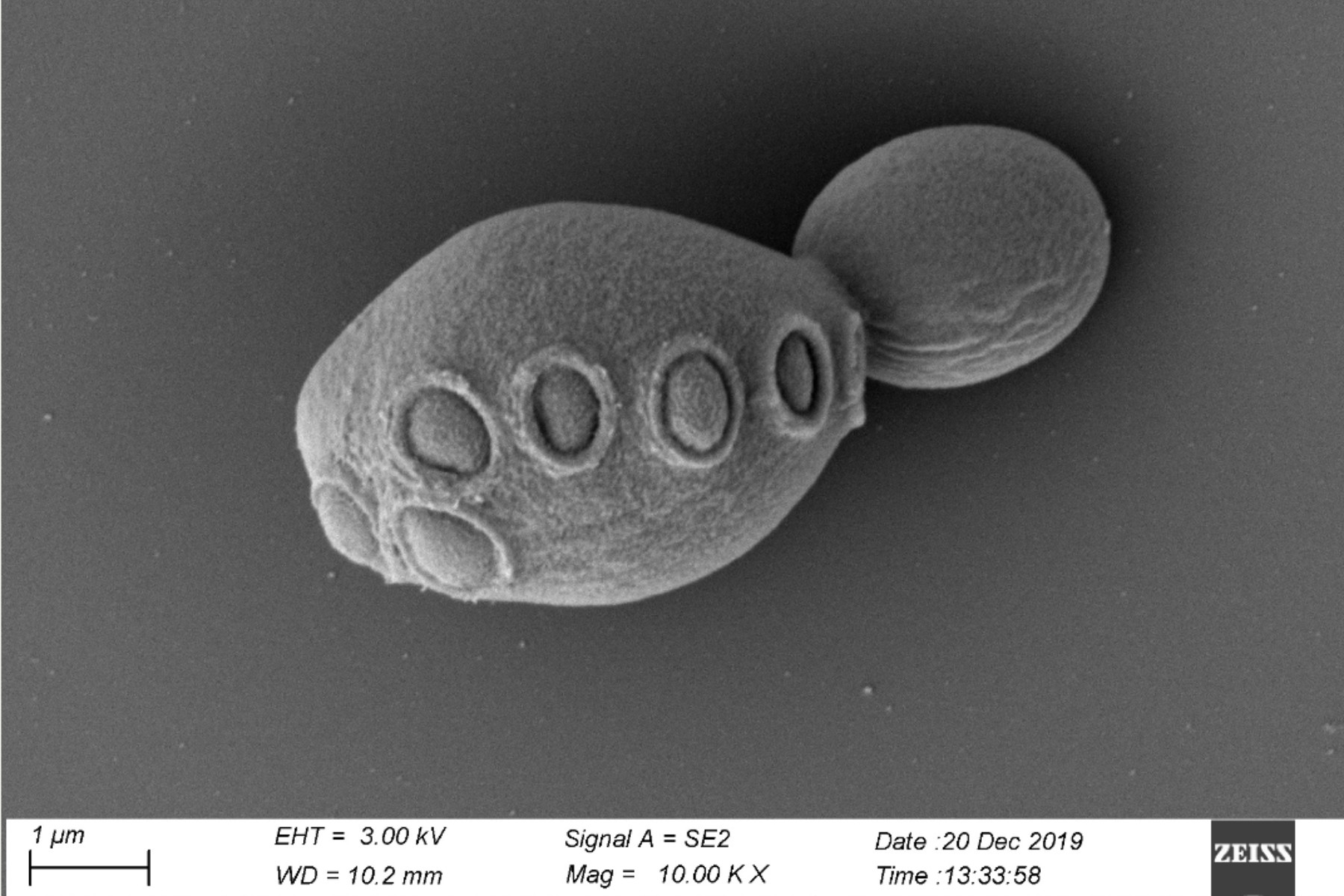
In a groundbreaking achievement, researchers at Macquarie University in Australia have successfully constructed the first complete synthetic yeast genome after more than a decade of meticulous work. The team assembled all 16 chromosomes of baker's yeast (Saccharomyces cerevisiae), marking the first time scientists have built an entire synthetic genome for a complex organism.
This milestone opens new possibilities for engineering organisms that can better withstand climate challenges and diseases. While previous successes were limited to simpler bacteria, this achievement with yeast - a more complex organism - demonstrates the potential for synthesizing food crops and other important biological products.
The final piece of the puzzle was chromosome SynXVI, which required extensive debugging before functioning properly. The research team used advanced gene-editing tools, including CRISPR technology, to identify and resolve issues. One key challenge involved enabling the yeast to use glycerol as an energy source at higher temperatures - an adaptation that could improve resilience.
The scientists also discovered that the placement of genetic markers, used to track DNA within the genome, needed precise positioning to avoid disrupting essential gene functions. The sophisticated robotics at the Australian Genome Foundry played a critical role in achieving the necessary precision.
While this breakthrough does not yet allow scientists to grow completely artificial yeast from scratch, it establishes a foundation for recoding living yeast cells. The implications extend beyond food production to pharmaceutical development and sustainable materials manufacturing.
The completion of this synthetic genome represents a major advance in synthetic biology, demonstrating humanity's growing capability to engineer biological systems. As the technology continues to develop, it may revolutionize how we produce medicines, materials, and food crops adapted to our changing world.